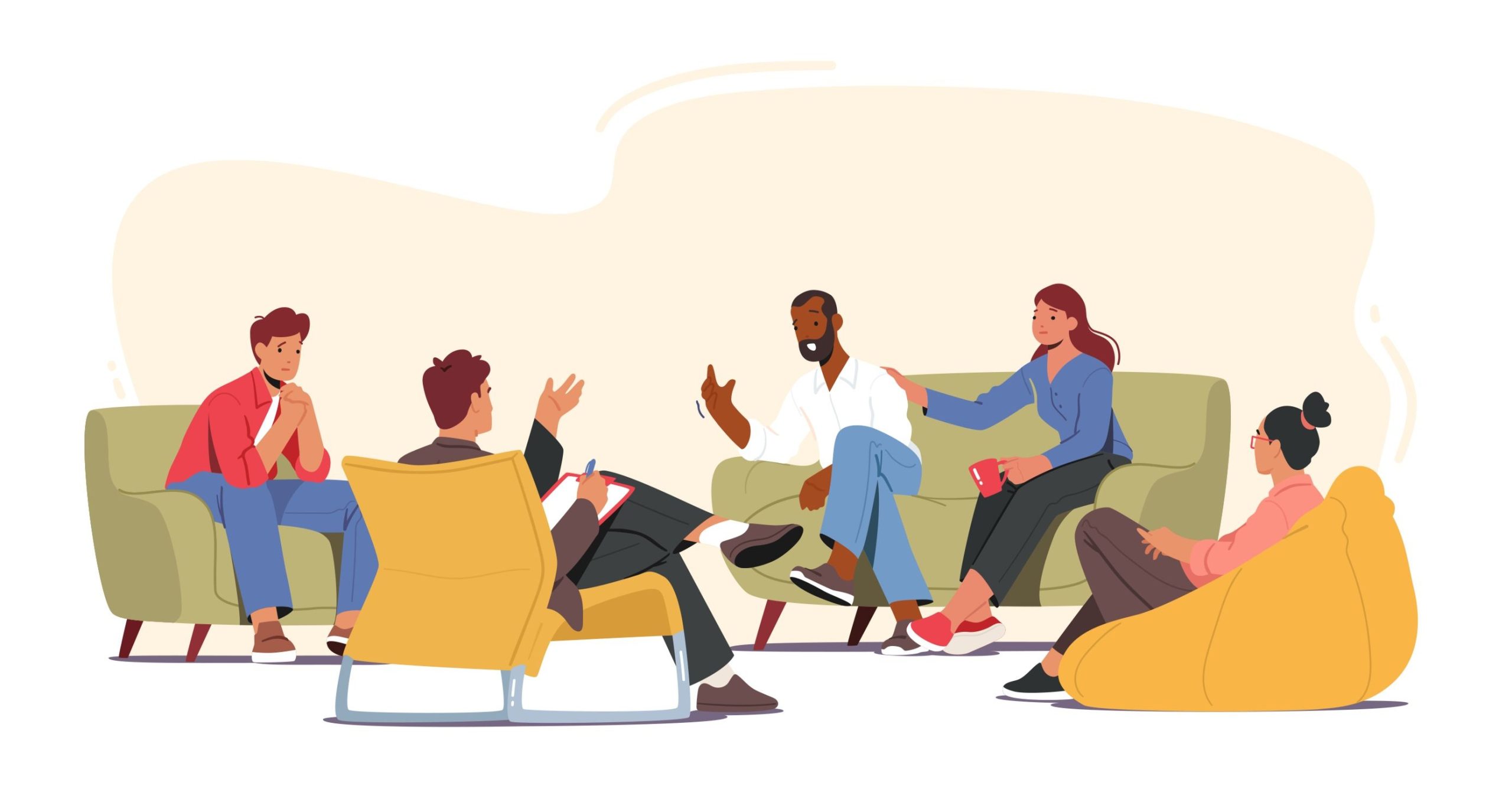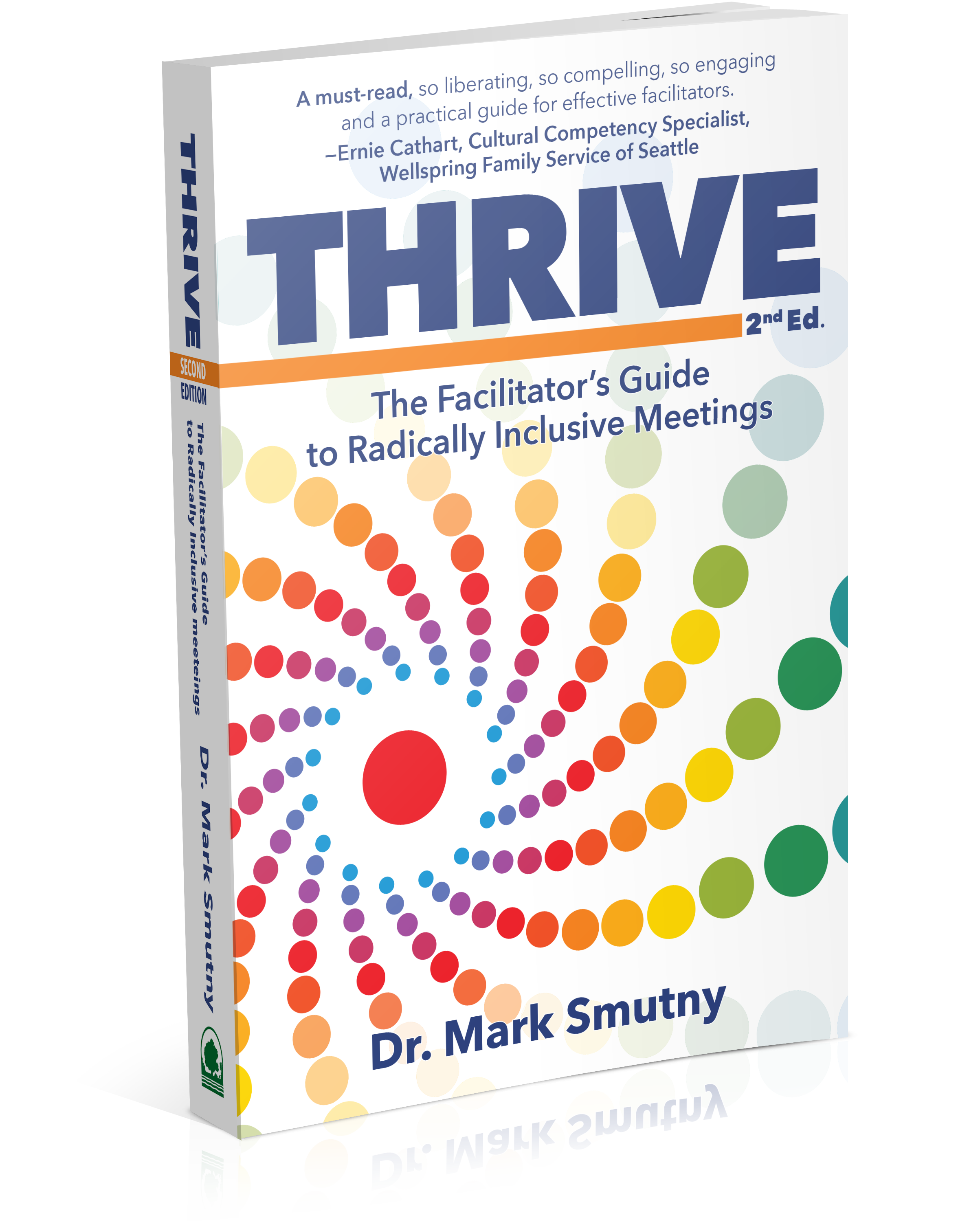 Three Approaches to Workshops and Retreats: From Information to Transformation
Three Approaches to Workshops and Retreats: From Information to Transformation
By Dr. Mark Smutny, President, Civic Reinventions, Inc.
In the nonprofit world, workshops and retreats serve as vital spaces for learning, collaboration, and renewal. However, not all workshops are created equal. The book Designing and Leading Life-Changing Workshops outlines three distinct models of training: the Traditional Expert Model, the Experiential Model, and the Transformational Model. Each serves a different purpose, and understanding their nuances can help facilitators craft meaningful experiences that align with their participants’ needs.
- The Traditional Expert Model: Knowledge Transfer
The Traditional Expert Model is the most familiar approach to training. In this model, an expert delivers information to an audience, much like a professor lecturing in a university classroom. The goal is knowledge acquisition—participants absorb facts, theories, and best practices from a seasoned professional.
This model is effective when the primary objective is to convey technical information, such as financial governance principles for nonprofits or parliamentary procedures for board meetings. However, it often lacks engagement, as participants remain passive recipients rather than active contributors to the learning process.
- The Experiential Model: Learning Through Practice
The Experiential Model shifts the focus from passive listening to active participation. Here, facilitators guide attendees through hands-on exercises, simulations, and role-playing activities designed to reinforce key concepts.
For example, in a workshop on trauma-informed communication, participants might practice structured dialogue techniques, receive feedback, and refine their approach in real time. This model fosters skill-building and confidence, ensuring that attendees leave with practical tools they can immediately apply in their work.
- The Transformational Model: Deep Change and Growth
The Transformational Model goes beyond skill-building to create lasting personal and organizational change. Workshops designed in this framework cultivate self-awareness, wisdom, and compassion. They often integrate storytelling, reflective exercises, and mindfulness practices to help participants connect with their deeper motivations and values.
For nonprofits, transformational retreats can be particularly powerful. They provide space for stakeholders to process challenges, strengthen their vision, and build resilience. By fostering authentic dialogue and emotional intelligence, these workshops help individuals and teams navigate uncertainty with clarity and purpose.
Choosing the Right Approach
Each of these models serves a distinct function. The Traditional Expert Model is ideal for conveying essential knowledge, the Experiential Model enhances practical skills, and the Transformational Model nurtures profound growth. The most effective facilitators blend elements of all three, tailoring their approach to the needs of their audience.
At Civic Reinventions, Inc., we specialize in designing workshops that empower nonprofits to thrive. Whether guiding organizations through strategic planning, conflict resolution, or trauma-informed leadership, we believe that learning should not only inform but also inspire.
By understanding these three models, facilitators can craft experiences that move beyond information-sharing to create lasting impact—helping individuals and organizations transform challenges into opportunities for growth.
Contact:
For assistance designing and facilitating your nonprofit retreat or workshop email me, Dr. Mark Smutny, at mark.smutny@civicreinventions.com.
Dr. Mark Smutny is a professional facilitator, nonprofit consultant and author of the award-winning book Thrive: The Facilitator’s Guide to Radically Inclusive Meetings, 2nd edition. 
